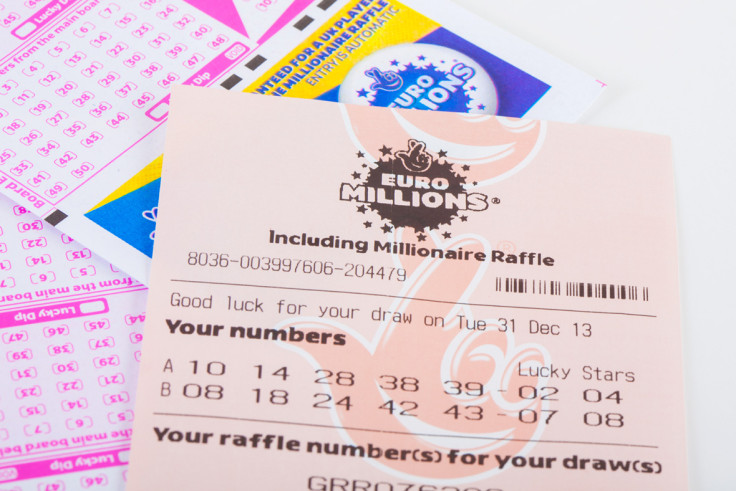Do you pay tax if you win the National Lottery?
Taxman won't come for your headline Lotto win but you could be liable depending on your choice of investment.

You've played the National Lottery and your numbers are up. Time to uncork the champagne, especially if you have hit the jackpot. However, lurking at the back of your mind could be the vexing question on what possible tax liabilities could result from it.
Relax. The taxman isn't coming to claim his slice of takings, at least not directly. On the face of it, HM Revenue & Customs (HMRC) does not consider lottery winnings, or in fact takings from high street or spread betting, as income. So all such prizes are tax-free.
Nonetheless, contingent upon the amount you have won and how you choose to bank or invest it would have tax implications. At present, your Individual Savings Account (ISA) limit is £15,240 per year. So if you choose to bank anything above that in an interest paying account, any interest earned would be taxed as income.
Similarly there are implications in terms of capital gains tax should you invest the money into an asset, say a home, and sell it later. Ditto for inheritance tax (IHT), where your estate will owe tax at 40% on any assessment valuation above the £325,000 threshold when you die, or slightly lower 36% if you leave at least 10% to a charity of your choice.
If your winnings are as part of a syndicate, all parties can protect themselves against IHT liabilities by drafting a simple agreement, as the HMRC says: "No liability to inheritance tax arises on winnings by a football pool, National Lottery or similar syndicate provided that the winnings are paid out in accordance with the terms of an agreement drawn up before the win."
The biggest EuroMillions jackpots often dwarf National Lottery winnings. The highest UK EuroMillions rollover win of all time is €190m, the maximum that you can win. It came to approximately £142m, when Adrian and Gillian Bayford bagged the amount in 2012.

However, the Bayford's win was not the biggest in the UK. In the wake of the Greek debt crisis, a fall in the value of the euro meant their win was still below that of Colin and Christine Weir who won £161m in 2011, when the euro was doing a tad better against the pound.
If you were to win the maximum possible prize at the time of writing (February 2017), the currently weaker pound would ensure you win £162.7m, comfortably beating the Weirs. An anonymous Portuguese player did bag the top rollover prize in 2014, but alas due to Portuguese law had to pay 20% tax on the winnings, a problem UK residents won't have on the main winnings.
© Copyright IBTimes 2025. All rights reserved.





















